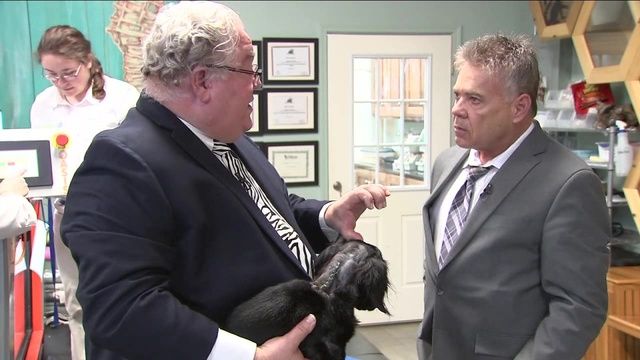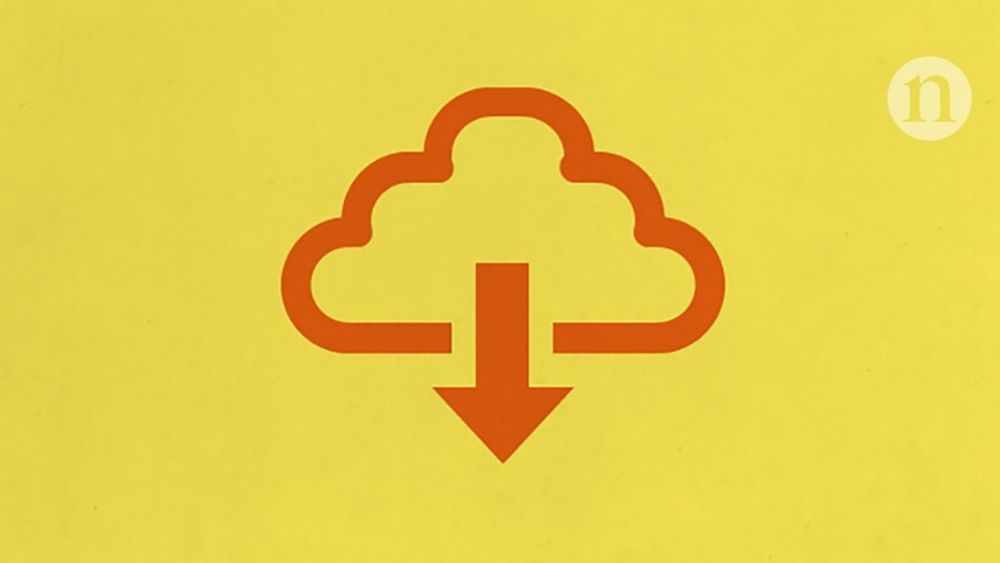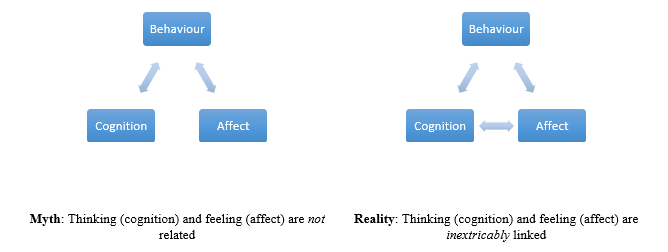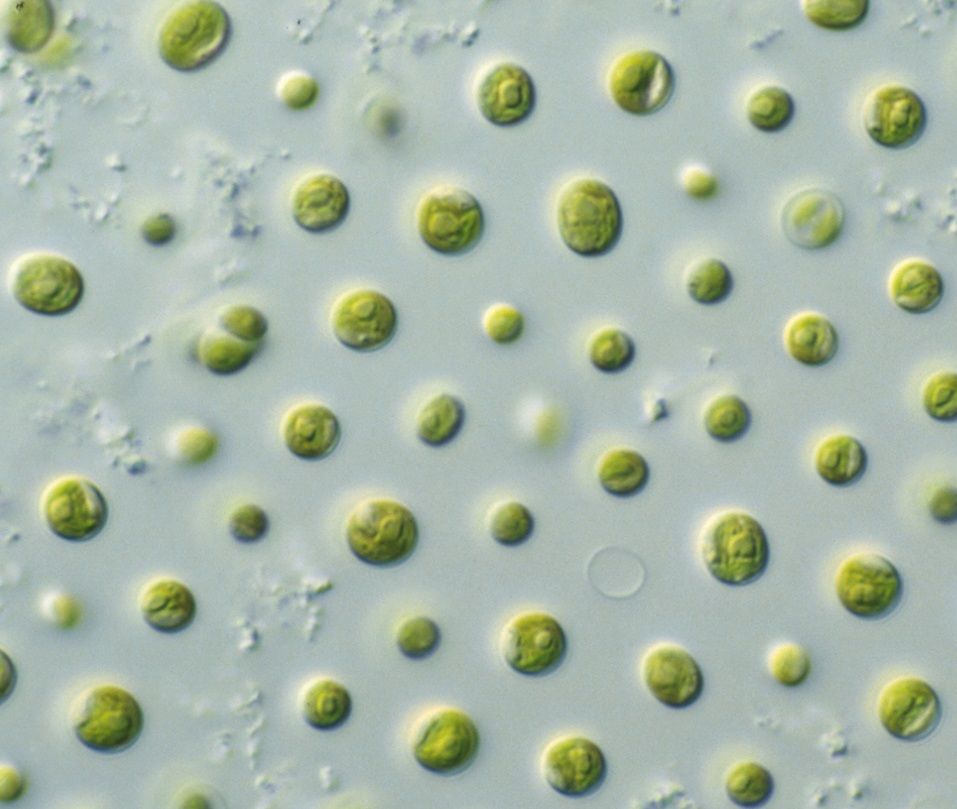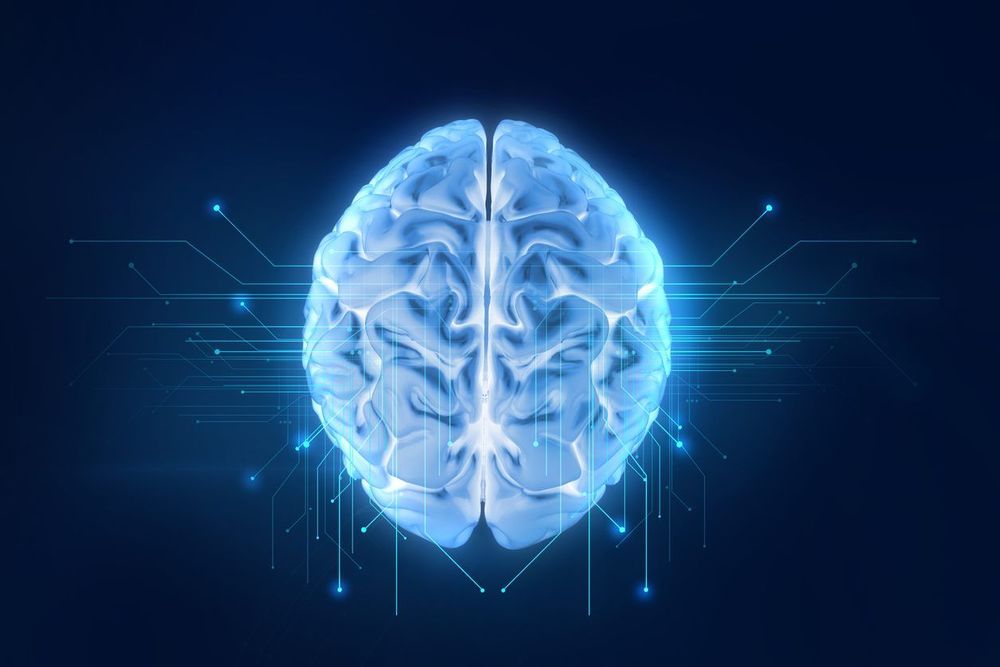Page 8170
Feb 10, 2019
Stem cell therapy helping once-paralyzed dogs walk again
Posted by Genevieve Klien in category: biotech/medical
LEAGUE CITY, Texas (FOX 26) — It was his own illness that got Dr. Steven Dale Garner hooked on stem cell therapy.
“I went into a coma for seven weeks,” said Dr. Garner. “When I woke up from the coma, I myself was paralyzed.”
The veterinarian knew stem cell therapy was being used to treat arthritis in dogs, but could it help the nervous system?
Continue reading “Stem cell therapy helping once-paralyzed dogs walk again” »
Feb 10, 2019
House Passes Bill To Create Early Warning System Off West Coast
Posted by Genevieve Klien in category: futurism
The House of Representatives has approved a bill (Wednesday) that would create an earthquake earthquake early warning system off the west coast.
Feb 10, 2019
What bioRxiv’s first 30,000 preprints reveal about biologists
Posted by Derick Lee in category: neuroscience
Researchers posted more preprints to the bioRxiv server in 2018 alone than in the four previous years, according to an analysis of the 37,648 preprints posted on the site in its first 5 years.
More than 1 million studies are now downloaded from the site every month, mostly in neuroscience, bioinformatics and genomics.
Feb 9, 2019
Last week’s huge meteor explosion over Cuba was as powerful as 1,400 tons of TNT
Posted by Alberto Lao in category: futurism
Feb 9, 2019
NASA’s Hubble Space Telescope doesn’t usually get much assistance from its celestial subjects — but to take this image
Posted by Michael Lance in category: space
NASA’s Hubble Space Telescope doesn’t usually get much assistance from its celestial subjects — but to take this image, the telescope opted for teamwork and made good use of a fascinating cosmic phenomenon known as gravitational lensing. See the result of this teamwork: https://go.nasa.gov/2SF31sW
Two information-processing systems determine the human emotional response: the affect ive and cognitive processing systems. The affect ive system operates outside of conscious thought and is reactive, in that a series of psychophysiological events are initiated automatically following the receipt of sensory information. In contrast, the cognitive processing system is conscious and involves analysis of sensory information to influence and even counteract the affect ive system. Affects (i.e. things that induce some change to the affect ive system) are divided into positive and negative groups. Positive affect has the potential to improve creative thinking, while negative affect narrows thinking and has the potential to adversely affect performance on simple tasks. Emotions are the product of changes in the affect ive system brought about by sensory information stimulation. Research suggests positive emotions—such as happiness, comfort, contentedness, and pleasure—help us make decisions, allow us to consider a larger set of options, decide quicker, and develop more creative problem-solving strategies. These findings suggest attractive things really do work better (Norman 2005), even if this is only the case because they make us feel better when we are using them.
Much of the work into how users and customers behave focuses on the emotional responses elicited by a product. However, emotions are the product of complex processing systems, which essentially convert sensory information into the psychophysiological and behavioral changes that we refer to as emotional responses. According to Don Norman, cognition and affect are in charge of these emotional responses. Cognition and affect are information-processing systems, which help us convert information from our environment into accurate representations of the world and make value judgments that determine how we respond and behave.
Norman distinguishes the cognitive and affect ive systems, and defines emotion, thusly: “The cognitive system interprets and makes sense of the world. Affect is the general term for the judgemental system, whether conscious or subconscious. Emotion is the conscious experience of affect, complete with attribution of its cause and identification of its object”. The affect ive and cognitive systems are thought to work independently, but they influence one another, with the former operating unconsciously while the latter operates at the conscious level. For example, imagine you are about to make a speech in front of a room full of people; the affect ive system is immediately called into action, with chemicals released in your body in response to the situation automatically and without your ability to control this physiological response.
Feb 9, 2019
Producing biofuels from algae
Posted by Genevieve Klien in categories: security, sustainability
Microalgae are showing huge potential as a sustainable source of biofuels.
Producing biofuels from renewable sources.
Due to concerns about peak oil, energy security, fuel diversity and sustainability, there is great interest around the world in renewable sources of biofuels.
Feb 9, 2019
Nanomachines taught to fight cancer
Posted by Paul Battista in categories: biotech/medical, education, nanotechnology
Scientists from ITMO in collaboration with international colleagues have proposed new DNA-based nanomachines that can be used for gene therapy for cancer. This new invention can greatly contribute to more effective and selective treatment of oncological diseases. The results were published in Angewandte Chemie.
Feb 9, 2019
Want to live forever? You just have to make it to 2050
Posted by Paul Battista in categories: biotech/medical, life extension
“If you’re under 40 reading this article, you’re probably not going to die unless you get a nasty disease.”
Those are the words of esteemed futurologist Dr. Ian Pearson, who told The Sun he believes humans are very close to achieving “immortality” – the ability to never die.
Humans have been trying to find a way to dodge death for years.
Continue reading “Want to live forever? You just have to make it to 2050” »

